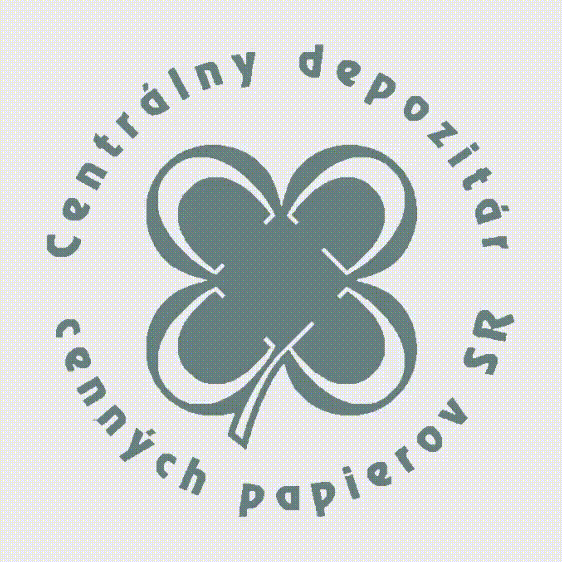Duty to keep a list of shareholders of registered paper-form shares is imposed on companies by the Act on Securities and also the Commercial Code. Number of companies is not compliant with this obligation, not being aware of serious legal and practical consequences for company and its shareholders.
Some companies in the Slovak Republic are functioning without official list of shareholders of registered paper-form shares. This may impact validity of the General Meeting and decisions adopted by the General Meeting. „According to the Commercial Code not everybody who owns registered paper-form share is automatically a shareholder in relation to the issuer. The owner becomes a shareholder only when is registered in a list of shareholders which, pursuant to the amendment to the Commercial Code, is administered by the central securities depository“, explained Michal Ninis, Head of Business Services Department in CDCP. Thus if somebody is owner of a paper-form share, but is not registered in the list of shareholders of registered paper-form shares administered by the central securities depository, in relation to the issuer the person is not entitled, for example, to vote in the General Meeting and neither is entitled to payment of dividends. In order that issuer fully benefits from administration of the list of shareholders of registered paper-form shares by the central securities depository, the issuer should maintain the list updated.
Transparency and protection of shareholder’s rights
In case of litigation between the company and shareholders the court can declare decision of the General Meeting void if the court finds out that during the General Meeting were voting persons who are not registered in the list of shareholders kept in the central securities depository. Therefore administration of the list of shareholders by third party (central securities depository) increases also legal certainty for the shareholder. „Problem arises in case litigation proceedings were commenced between the shareholders. Shareholders themselves should require from the issuer to be compliant with the legal obligation and delegate administration of the list of shareholder on a central securities depository“, said Michal Ninis. Regular practice, according to Ninis, is that company which didn’t delegate administration of shareholders list on the central securities depository has problem to compile current list of shareholders. Moreover, the shareholder can lose the paper security, or it can be subject to inheritance procedure. „To search for amount of shareholders or to trace changes in ownership of paper-form shares is often difficult. Administration of the list by third party that has a licence for such activity is definitely more transparent method“, he tells.
Beneficial Owners
If the company is interested to draw government grants, or wants to apply for government contracts, it must be a public sector partner. „In the registry of public sector partners are registered also beneficial owners of such entities and just for purposes of their identification the relevant authority requires that shareholder’s structure of the company is documented“, explained Michal Ninis. According to CDCP the government bodies trust the lists of shareholders administered by the central securities depository, as already from the year 2002 the act on securities stipulates an obligation for the issuer of registered paper-form shares to conclude an agreement on administration of a shareholder list with the central securities depository. Similarly, the beneficial owners are verified by the banks when entities apply for credit.
Also the registration court requires presentation of a list of shareholders administered by the central securities depository when changes based on decision of shareholders of the company are being registered to the Business Register. In case the list is not submitted, registration of changes to the Business Registry can be postponed, that may have serious legal and operational consequences for the company.

